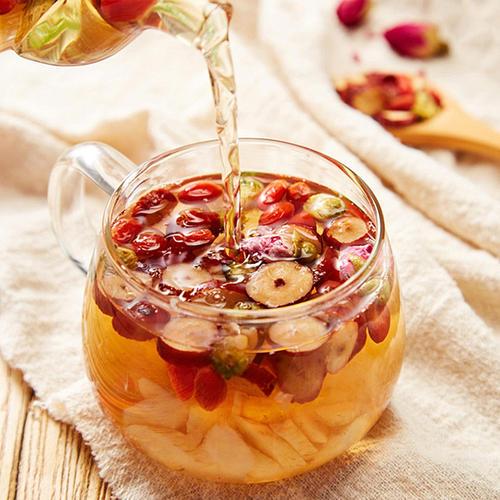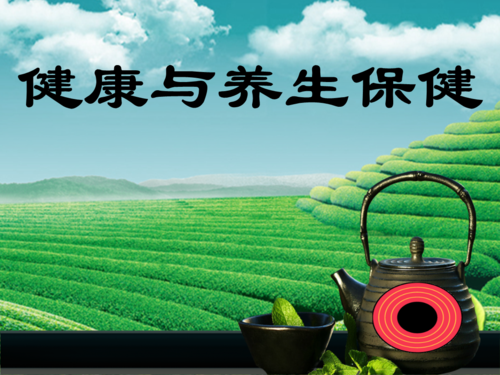- 本文目录导读:
- 中药养生
- Chinese Herbal Medicine
- Principles of TCM in Health Preservation
- Applications in Daily Life
- Scientific Validation
- Conclusion
中药养生
In the realm of health preservation, Traditional Chinese Medicine (TCM) has stood the test of time as a holistic approach to achieving and maintaining well-being. Rooted in centuries of empirical knowledge and philosophical underpinnings, TCM emphasizes harmony within the body and with the environment. At its core lies the utilization of herbs and natural remedies, known collectively as Chinese herbal medicine or 中药.
Chinese Herbal Medicine
Chinese herbal medicine forms the backbone of TCM practices. It comprises a vast pharmacopeia of plants, minerals, and animal products, each selected for its specific properties and interactions with the body's systems. Unlike Western medicine, which often targets specific symptoms or organs, TCM focuses on restoring balance and addressing the root causes of ailments.
The effectiveness of Chinese herbal medicine is attributed to the synergistic effects of multiple compounds within each herb. These herbs are often combined into formulas tailored to the individual's constitution and health condition. This personalized approach acknowledges the uniqueness of each person's body and the dynamic nature of health.

Principles of TCM in Health Preservation
Central to TCM is the concept of Qi (气), the vital energy that flows through pathways in the body known as meridians. Health is maintained when Qi flows smoothly, while disease arises from blockages or imbalances in this flow. Chinese herbal medicine, along with acupuncture, massage (tui na), and dietary therapy, aims to regulate Qi and restore harmony.
Another fundamental principle is Yin-Yang balance. Yin represents the cool, passive, and feminine aspects, while Yang represents the warm, active, and masculine aspects. Health is achieved through the dynamic balance of Yin and Yang forces within the body and between the body and its environment. Chinese herbs are categorized as Yin-tonifying, Yang-tonifying, cooling, or warming, depending on their effects on these forces.
Applications in Daily Life
In contemporary society, TCM practices are increasingly integrated into daily life for health maintenance and prevention. Many people incorporate Chinese herbs into their diets as supplements or teas. For example, ginseng (人参) is renowned for its vitality-boosting properties, while chrysanthemum (菊花) is used to clear heat and improve eyesight.

Moreover, TCM principles guide lifestyle choices, such as seasonal adjustments in diet and exercise to align with natural rhythms. For instance, warming herbs like ginger and cinnamon are favored during cold winter months to promote circulation and dispel coldness from the body.
Scientific Validation
While TCM has been practiced for millennia, its efficacy has been increasingly recognized by modern scientific research. Studies have demonstrated the anti-inflammatory, antioxidant, and immune-modulating effects of various Chinese herbs. For example, astragalus (黄芪) has been found to enhance immune function, offering potential benefits in preventing respiratory infections.
Furthermore, integrative approaches combining TCM with Western medicine have shown promise in managing chronic conditions such as diabetes and hypertension. This synergy leverages the strengths of both systems to provide comprehensive and personalized healthcare solutions.

Conclusion
In conclusion, Traditional Chinese Medicine, particularly Chinese herbal medicine, offers a profound approach to health preservation rooted in centuries of wisdom and practice. By harmonizing Qi, balancing Yin and Yang, and leveraging the therapeutic properties of natural substances, TCM promotes not only physical health but also mental and emotional well-being. As more individuals embrace holistic health practices, TCM continues to play a pivotal role in fostering a balanced and sustainable approach to wellness.
转载请注明:成都会所桑拿-四川成都休闲桑拿推荐论坛! » 武汉桑拿 » Exploring the Essence of Traditional Chinese Medicine in Health Preservation
版权声明
本文仅代表作者观点,不代表成都休闲网立场。
本文系作者授权发表,未经许可,不得转载。































